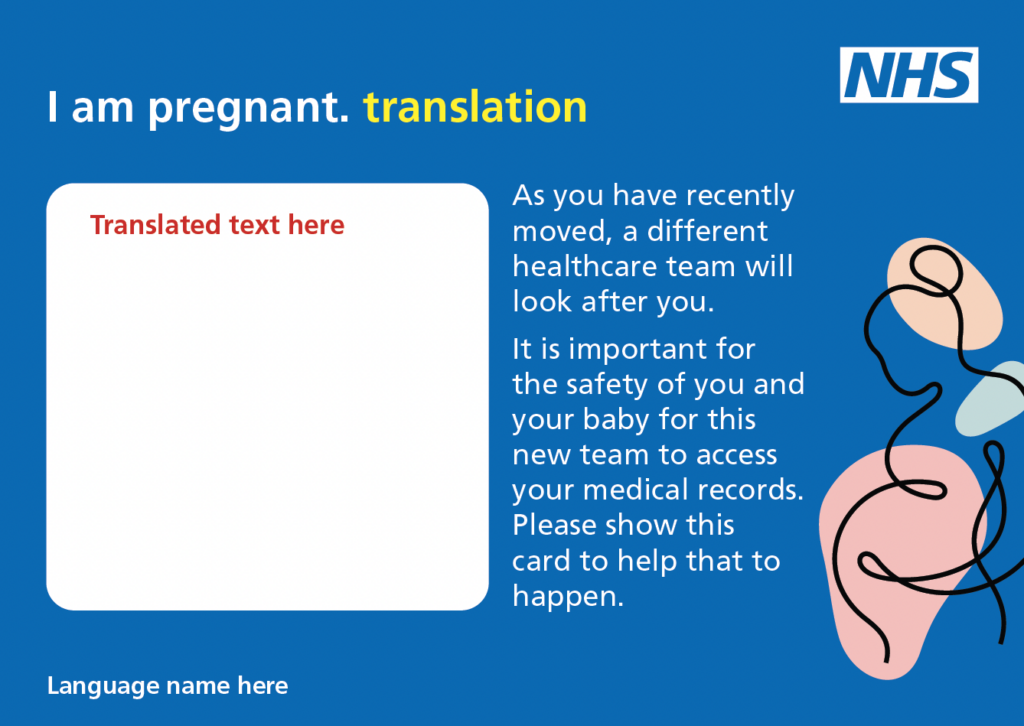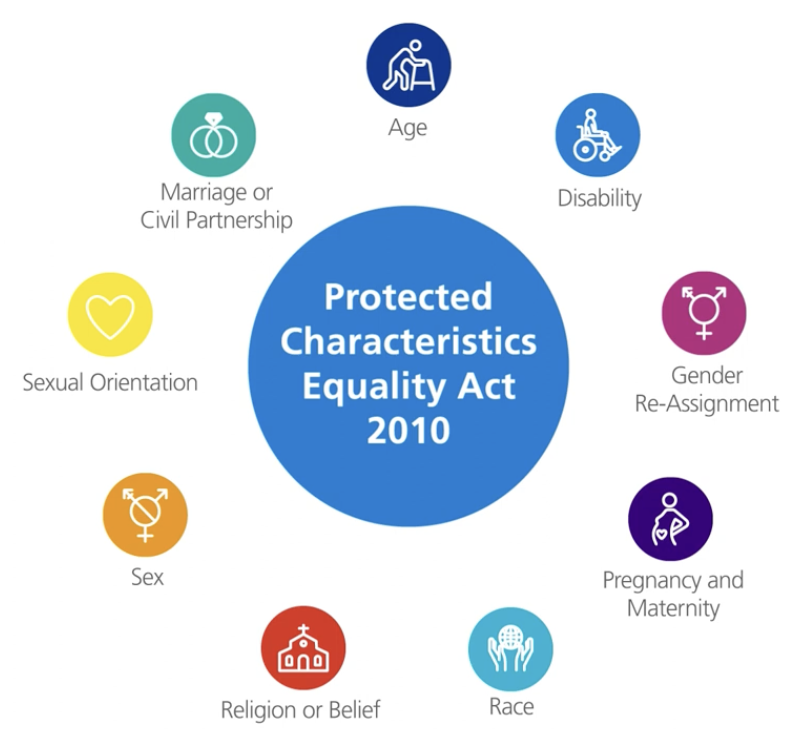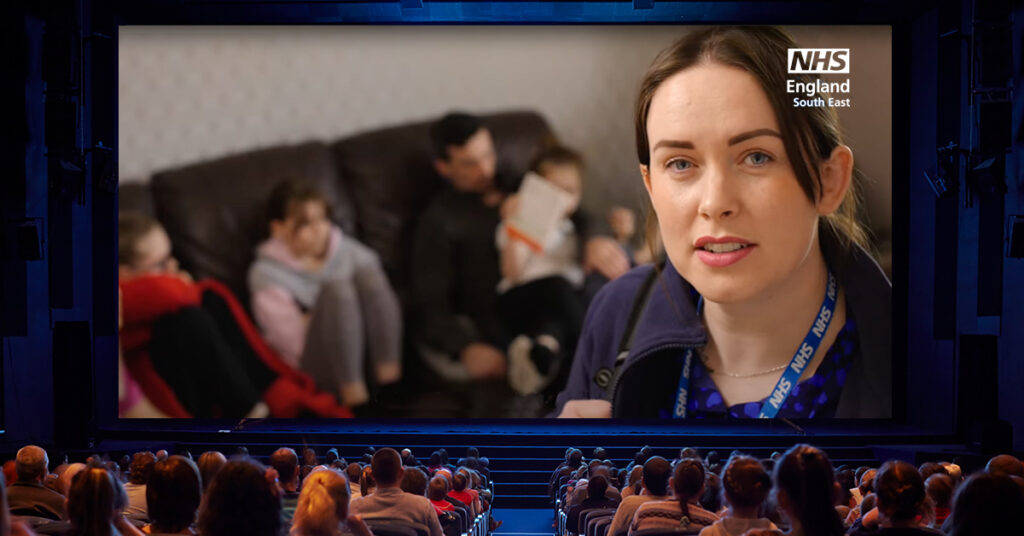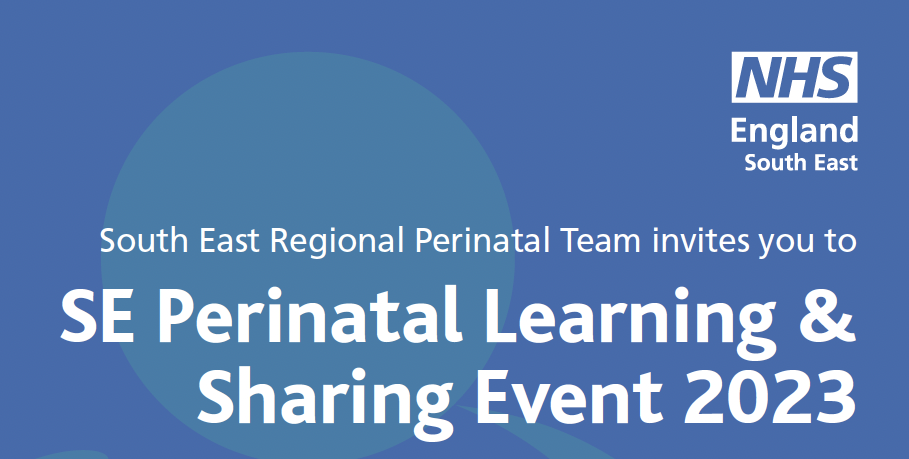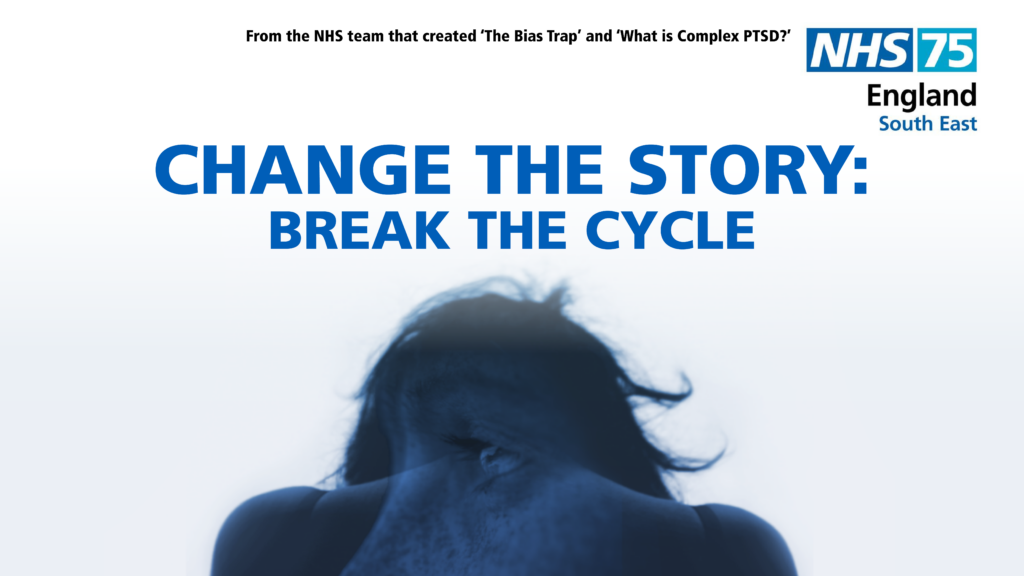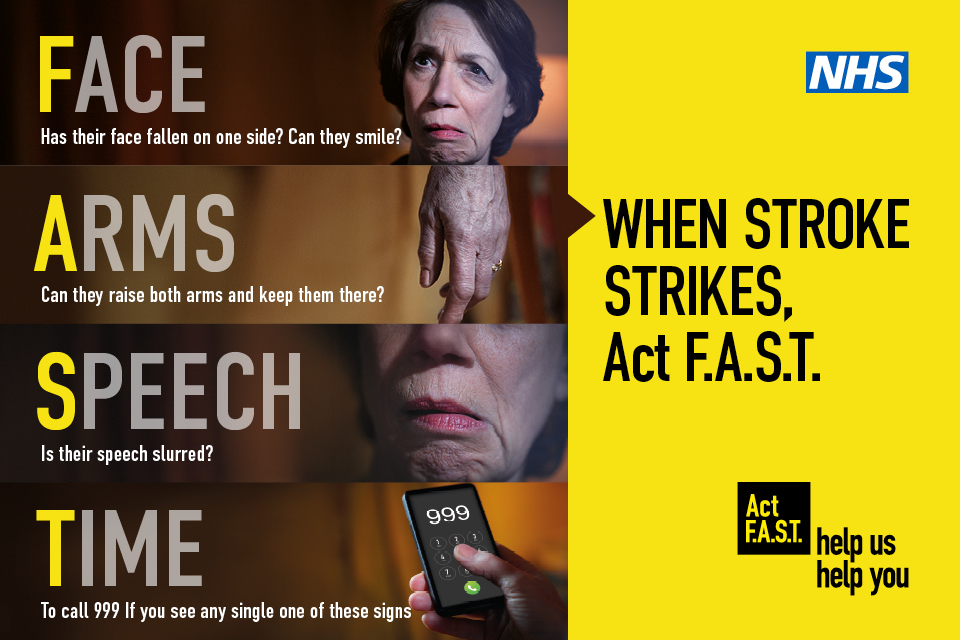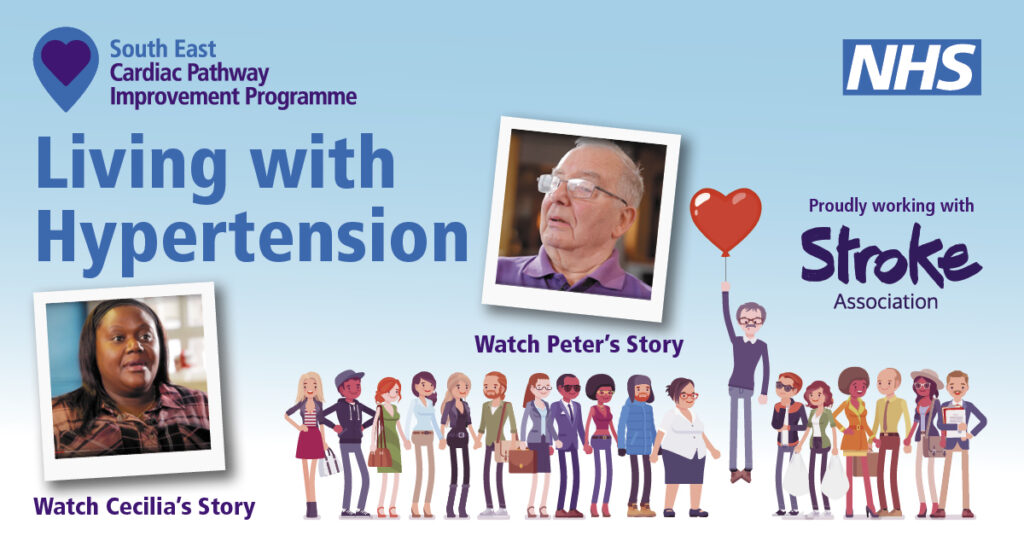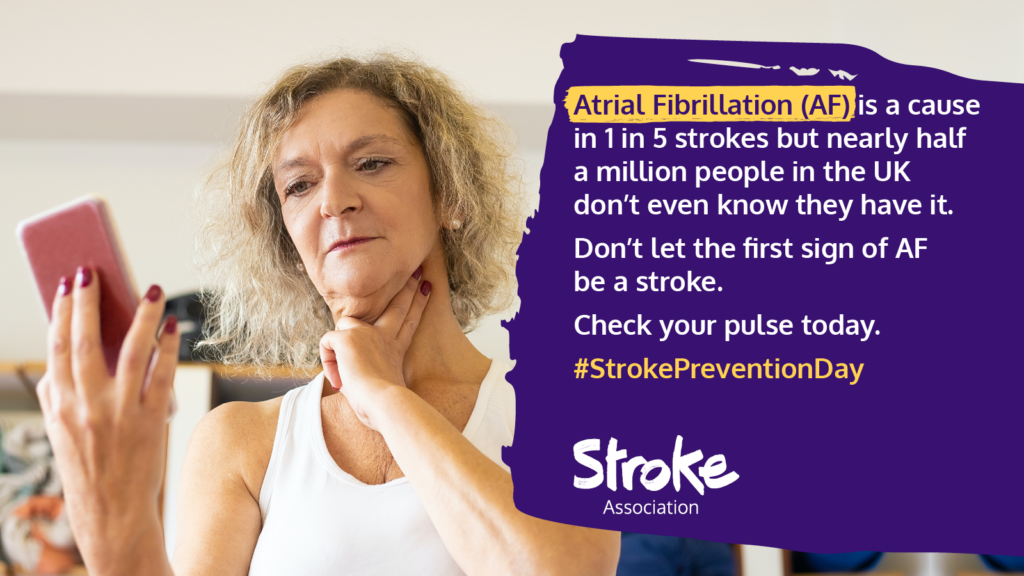Introducing our second series of webinars
We launched our first series of webinars, shortly after local leaders received the letter asking them to convene a local coordination cell to plan and manage their response to COVID and rough sleeping involving the local authority (housing, social care and public health) and local NHS partners together and to urgently procure accommodation for people living on the streets.
We formed a cell across the South East with similar representation to support this and boosted an already existing homeless health network of housing and public health representatives with other local authority representatives, voluntary organisations, GPs, Homeless Health Services, NHS providers and Clinical Commissioning Groups (CCGs)/Integrated Care System (ICS) representatives in the South East of England.
Webinar 21 – infection prevention and control
The idea for the first series of homelessness webinars came following a 50 minute webinar in June 2020 aimed at a non-clinical audience, led by an infection prevention and control lead. The film covers information about coronaviruses, putting on and taking off PPE, hygiene and cleaning, uniforms, and general practical advice for staff in supported housing, hostels and hotels (serviced accommodation). We have made it available here as webinar 21 as it is an important reminder even though lockdown has been lifted of the measures needed to prevent a COVID outbreak in serviced accommodation. Newly homeless people and vulnerable migrants are being accommodated in this type of accommodation.
Webinar 22 – respiratory illness
The first in the second series of webinars begins with a conversation with Dr Richard Russell about respiratory illness and why the homeless population are at a higher risk of respiratory illness and long COVID. Dr Richard Russell is a Consultant Chest Physician and a Senior Clinical Research at the University of Oxford, as well as being the Clinical Director of Respiratory Medicine for NHS England Improvement.
Webinar 23 – migrant health
A look at migrant health: where vulnerable migrants have been accommodated in the South East and what their health needs are likely to be; outlining the support that is already there and further support that should be provided.
Webinar 24 – Safeguarding Adult Reviews (SARs)
Findings from Safeguarding Adult Reviews (SARs) are an essential part of service development and improvement, and provide an opportunity to reflect and learn. Professor Michael Preston-Shoot, Professor (Emeritus) Social Work at the University of Bedfordshire, has recently completed the first national thematic analysis of safeguarding adult reviews for the Local Government Association and the Association of Directors of Adult Social Services. In this hugely informative webinar, he shares some of the context and what lessons should be learned from these tragic circumstances. Slides from the presentation are available to download here.
Webinar 25 – Substance Misuse
Our guest speaker for this session is Tracy Goodhew, Health and Wellbeing Programme Manager at the Office of Health Improvement and Disparities South East region. Tracey gives an overview of drug and alcohol treatment in the South East, an update on the Dame Carol Black’s Review, and the planned drugs strategy.
Webinar 26 – Temporary Accommodation
Sam Pratt, from Shared Health talks about the innovative outreach work that his organisation has been doing supporting children and families who are in temporary accommodation in the Manchester area. Professor Monica Lakhanpaul, Professor of Integrated Community Child Health at UCL Great Ormond Street Institute of Child Health is leading a programme of work based in the community working with families experiencing marginalisation. She talks about the Champions Project which is a national project which is gathering evidence of the impact of homelessness on children and families in marginalised communities. She is also a practicing paediatrician in the North London area. Finally Lisa Gavin, Clinical Service Manager, Gypsy, Roma Traveller & Inclusion Health talks about the work that she has been doing in Surrey. Children may be in emergency accommodation, women’s aid refuges, asylum or refugee accommodation, HMOs overcrowded housing, sofa surfing or from the gyspy, roma traveller population nomadic or not. They all face problems which are much more hidden and some practical solutions were offered. The discussion following the presentations identified the importance of:
- Need to get homelessness recognised as an adverse child experience
- Need for notification system (recommended in London following death of Victoria Climbie – often reviews of child deaths find the child to be homeless)
- Need to avoid silos between groups e.g. refugees and children in temporary accommodation – Children First. All party parliamentary group on households in temporary accommodation being set up which can address 1-3. Shared Health are providing the secretariat for that.
- Need a national approach but Shared Health’s gold standard for accommodation for homeless children and families to be picked up in the SE transition framework/by the SE Homeless Health Network – Manchester not going to use B&Bs any more. Often families that don’t have carpets, fridges and access to washing machine in temporary accommodation. Converted office blocks shouldn’t be used. Dual standards: if placed in an environment that is inappropriate and have an injury then parent could still be blamed for it, if parent provides an inappropriate environment then that is different. Fridges often needed to store medication.
- Can we embed a joint agency approach/a collaborative approach in ICS development? NHSEI Regions have a Children’s Programme and CYP MH Programme that could pick this up.
- How to support teachers who are often those who identify needs – NHSEI Regions have a MH in Schools Programme that could pick this up. Examples include the Magpie project.
Webinar 27 – Health Protection
David Roberts and Claire Humphries, Consultants in Health Protection, UKHSA South East, guide you through the general health protection principles; and some of the infectious diseases and health threats. Health Protection Teams can help with local disease surveillance, maintain alert systems and investigate and manage health protection incidents and outbreaks. They implement and monitor national action plans for infectious diseases at a local level. This webinar gives an excellent overview and provides local signposting and useful references.
Functional composition of Homeless Health Network (2021)




